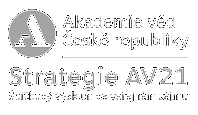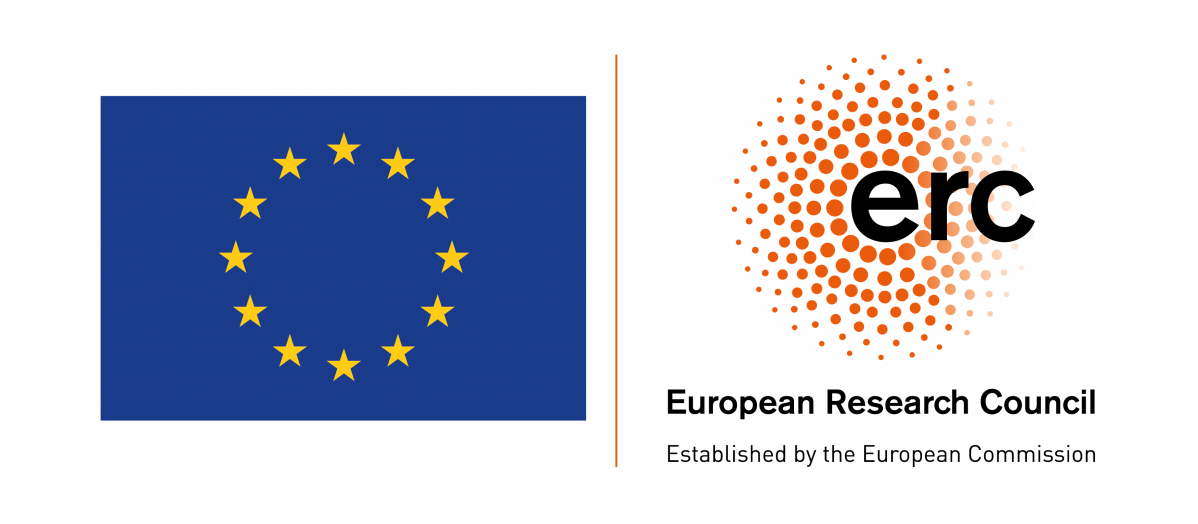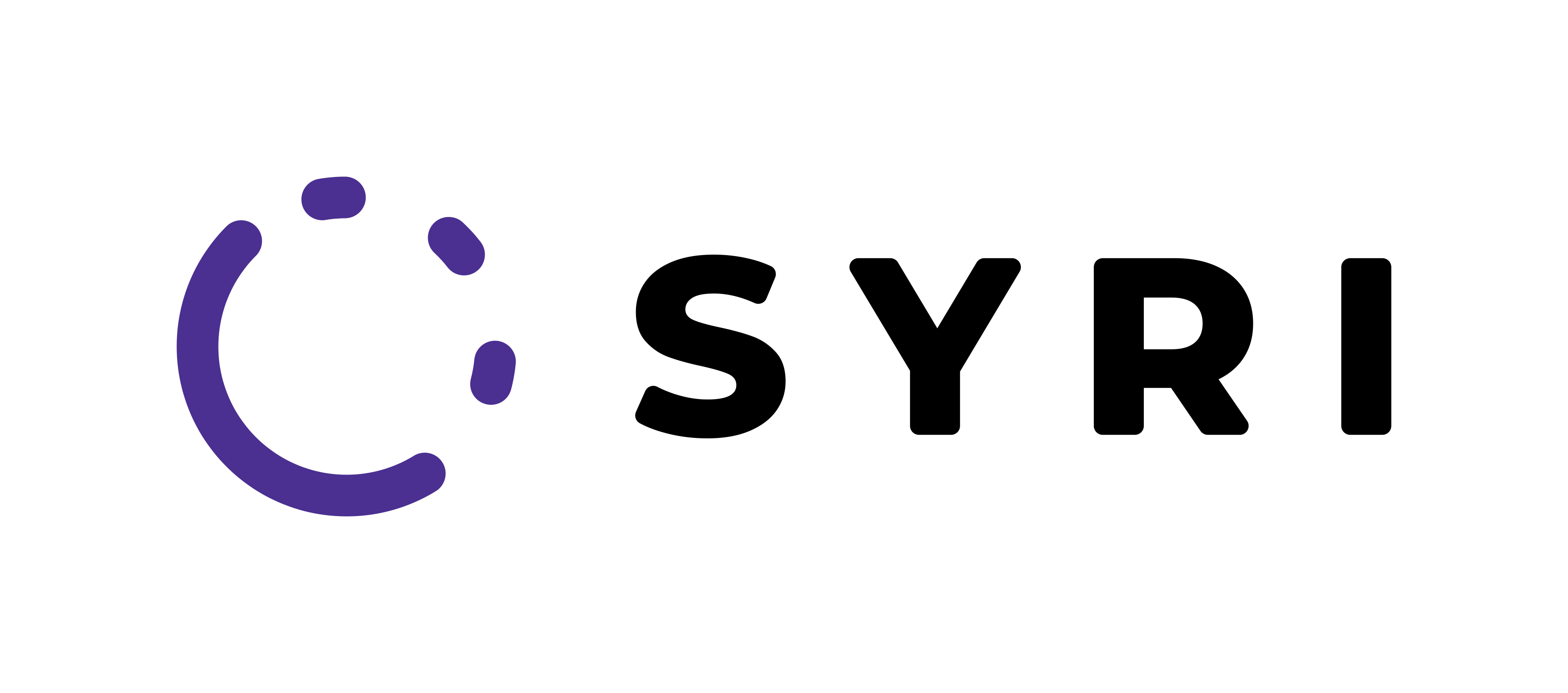Plakát
plakát ke stažení
Social scientists, political scientists and philosophers debate key concepts such as inclusion, democracy and autonomy. This raises challenges: how can we defend alternative accounts of democracy etc. without talking past each other? Can there be reasonable disagreement about democracy etc., and if yes, how? A popular strategy seeks to answer these questions by appealing to Rawls’s distinction between concepts and conceptions, according to which defenders of rival conceptions of, e.g. justice, can reasonably disagree without talking past each other because they share the concept of justice. This idea is attractive, but fails to do justice to the dynamic and normative aspects of concept formation. As an alternative, I suggest to rely on reflective equilibrium, which replaces the static contrast between a common core and competing conceptions by a dynamic perspective of concept formation as a partly normative undertaking. Pre-theoretic language use and commitments provide a common starting point for developing alternative accounts which yield different concepts of, e.g. justice. Reasonable disagreement can result, and talking past each other can be avoided, as long as the resulting accounts can be defended as reasonable developments of a common starting point.






